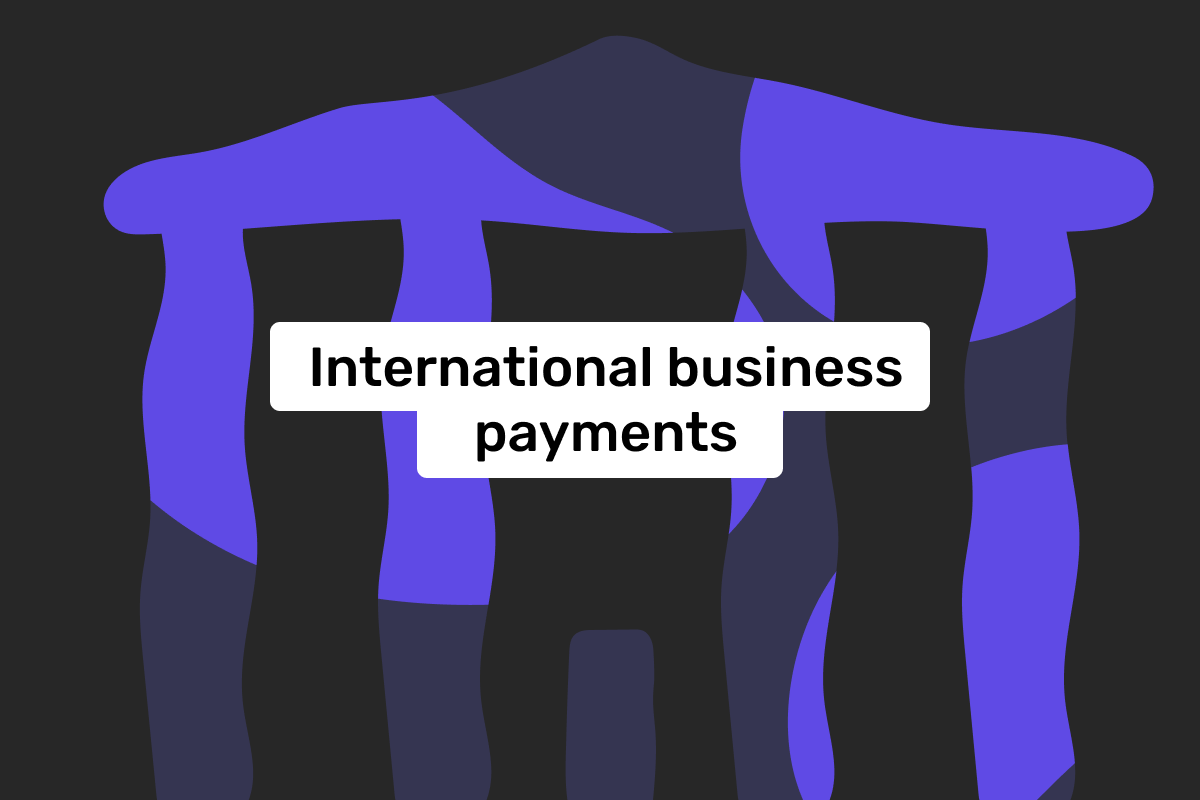Genome Blog / articles / Traditional banks vs. online banking: what to choose
Oct. 22, 2020
With the emergence of digital banking, more people and businesses start wondering if it’s time to switch to e-banks from the traditional ones. Some people are citing stability as the pro argument for traditional banking, others prefer more tech-savvy Fintechs.
Making this kind of decision is not always easy, but Genome’s team is here to help. In this article, let’s look into the advantages of both online and brick-and-mortar banks. And then, we’ll describe their differences so that you can choose which banking format works for you.
The benefits and disadvantages of traditional banks
These banks are unsurprisingly something all of us are familiar with, being financial institutions with multiple subsidiaries around the country, region, or even globally.
They are known for close and personalized communication with customers. You can come to one of the bank branches and get all the information on services you need, and ask as many questions as you want to get to the point of how the features work.
But this is, unfortunately, a double-edged sword. The thing is, the customers are required to visit branches when it comes to account opening, getting credit cards, and signing up for other features. And not all people have time for bank visits and long lines, especially when it can be done online. And in some cases, you also have to deal with lengthy documentation to fill out, which is time-consuming.
None the less, lots of traditional banks have been established for decades and even centuries, and are seen as more reliable, as they are more than familiar with the rules of the game. The banks have a grander capital, meaning they can work with businesses of any size. This also allows banks to offer more features than their Fintech counterparts, like loans, insurance, mortgages, etc.
On the other hand, brick-and-mortar banks usually have higher service fees and lower interest, as they need to pay for their branches’ maintenance. Speaking of subsidiaries, some banks can afford branches in multiple countries around the world with ATMs located near them for quick money withdrawal. Then again, if a merchant uses the services of a bank that only operates locally, it will be harder for a company to branch out to other regions.
The pros and cons of digital banks
Online banking services started gaining recognition in the 21st century, which was prompted by the emergence of the internet and mobile phones. And the global financial crisis of 2008 gave Fintech companies an additional push, as the way banks operate needed an update. Besides, nowadays lots of our daily tasks and entertainment take place online, and making banking digital was just a question of time.
The main benefit of digital banks is convenience: certain Fintechs allow you to start accounts, get cards, and manage all your funds completely online as Genome does. No time-wasting, you do all the banking when it suits your schedule, you just need a phone/computer. The downside is if you prefer face-to-face talks with the bank manager, you likely won’t get it with e-banks. They still have support teams, but you are likely to reach them only through phone, email, or live chat. Getting real-time notifications of all your transactions and financial operations is also a plus.
As was mentioned before, unlike physical bank branches, online banks typically have less costly service fees and offer a variety of bonuses and higher interest rates to bring in new customers.
Digital banks mostly have the same features as brick-and-mortar banks, like merchant services, money transfers, currency exchange, etc. But getting a loan or insurance in one of the e-banks is problematic or impossible altogether.
Still, most of the operations within digital banks are performed faster, than at their traditional counterparts. But make sure your internet connection is stable, so there are no technical issues during transactions.
The difference between traditional banking and e-banking
After covering all the benefits and cons of both traditional and digital banks, it all comes down to reputation and reliability versus technology and convenience. Brick-and-mortar banks are considered more secure and reputable, with more functions to offer, while e-banks are more technologically advanced, easy to use any time, and offer more interest bonuses.
Still, the latest global tendencies show that the banking system requires some upgrades. As Genome’s COO Daumantas Barauskas pointed out in his article “How banks and TPPs are evolving amid the pandemic”, before the lockdown less than 15% of surveyed companies were successful in their digitalization efforts.
And the events of 2020 showed that digital services are vital: over 80% of bank customers were cautious of visiting bank branches, and 63% of respondents admitted that there are now more likely to use mobile services. And even before that, a study from 2019 showed, that 9 out of 10 Americans already preferer e-banking to brick-and-mortar banks.
Seeing all the numbers, no wonder that some banks collaborate with Fintechs to up their services and go digital.
With all the main points highlighted, we at Genome try to follow our own strategy: we take into consideration all the benefits that traditional banks can offer and implement them in our product. Genome is an Electronic Money Institution supervised by the Bank of Lithuania. With us, you can do all your banking online and from one dashboard, open personal, business, and merchant accounts* without leaving your house or office.
Exchange currencies, transfer money, accept payments*, and enjoy other seamless services. Have issues or questions? You can always contact us via an email, or a real-time chat in the right lower corner of Genome’s website.
*Please note that Genome’s merchant services have been temporarily unavailable since September 2024.
And the best part is that soon we are releasing Genome’s very own physical debit cards and virtual cards for personal, business, and corporate needs. Yet another reason to switch from traditional banks to the banking of the future.





